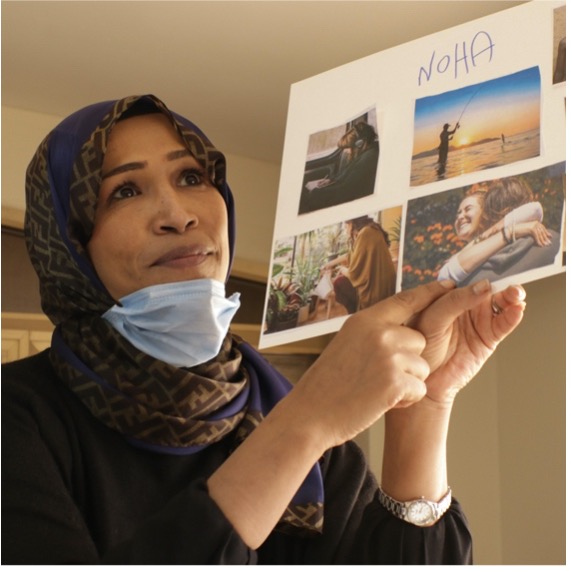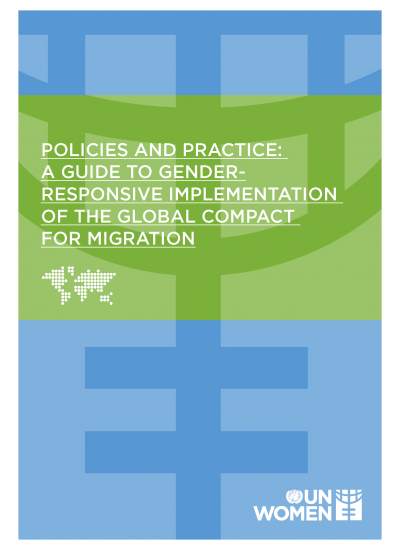SDG 5 aims to achieve gender equality and empower all women and girls, but it is not on track to be achieved by 2030. At the global level, only one indicator is “close to target.” It is estimated to take up to 286 years to close gaps in legal protection and remove discriminatory laws. In 2022, a study of 119 countries showed that 55% do not have laws that prohibit direct and indirect discrimination against women.
Migration can be a source of empowerment for women. Many women migrate independently and. migration can offer access to education and careers, allowing women to earn higher ncomes, enjoy more autonomy and enhance social and economic status and participation. Research also finds that migrant women on average, despite earning less than men, often send more remittances back to households and communities of origin.
On the other hand, migrant women face a number of vulnerabilities due to multiple and intersecting forms of discrimination they may face in origin, transit and host communities. For example, females still make up the largest share of identified trafficked victims (around 65% in total, with 46% women and 19% girls). While SDG 5 generally refers to women and girls, gender equality also includes gender minorities and LGBTIQ+ people. Migrants of all genders are crucial development actors, with specific experiences and potential contributions to our societies.
But the linkages between gender and migration don’t stop there. They are context-specific but also often cross-cutting with other sector areas such as:
- Education: Full and equal access to primary, secondary and tertiary education, as well as vocation and skills training, can empower migrant women and girls to access decent work and participate fully in society. (In line with SDG 4 and 10)
- Employment: Women migrant workers often work in informal or unregulated sectors, facing higher risks of sexual harassment or exploitation. Their labour, including domestic and care work, should be formalized to protect their rights and safe work conditions. (In line with SDG 8)
- Environment and Climate Change: The disproportionate impacts of climate change on women may compel them to migrate in search of livelihoods elsewhere, so disaster risk reduction and climate resilience strategies must be both gender- and migrant-responsive. (In line with SDG 13)
- Health: Migrant girls and women can be particularly vulnerable to negative health outcomes. Gender norms may make people of all genders reluctant to access health services, including sexual and reproductive health care, as these norms might lead to abuse from partners, discrimination or be interpreted as a sign of weakness. (In line with SDG 3)
- Governance: People of all gender identities should be equitably represented in governance institutions, to ensure that policies and strategies respond to the needs of gender minority migrants. Women are holding more positions of power in governance bodies in 2023 (women held 26.5% of seats in lower and single chambers of national parliaments, up from 22.3% in 2015). However, parity in political institutions will not be achieved by 2030. (In line with SDG 16 and 17).

